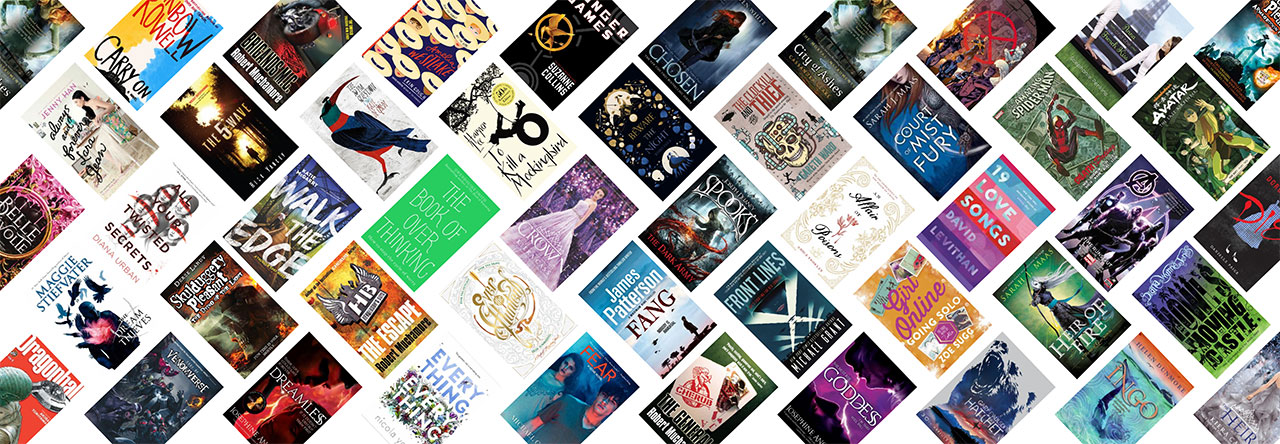There’s a surprising amount of fiction about World War II, much of it inspired by true events.
The Boy in the striped pyjamas by John Boyne. Currently everyone’s favourite Holocaust novel. How to describe without spoiling it? A story told from the perspective of an innocent boy who doesn’t realise he’s caught up in monstrous times.
- Milkweed, Jerry Spinelli. Again, having an independent, innocent narrator telling the story of one of the most terrible times in recent history results in a compelling novel (this time set in Warsaw, Poland): brace yourself if you’re the kind of reader who doesn’t cope well with sad stories! See which you like better, this or The Boy in the Striped Pyiamas.
- Falling by Anne Provoost; translated by John Nieuwenhuizen. About Holocaust denial and racial tension. The book’s won several literary awards in Europe.
- Yellow star, Jennifer Roy. The true story of the author’s aunt Sylvia’s experiences in the Lodz ghetto during the Nazi occupation of Poland.
The Book thief, Markus Zusak. World War II and its fallout from the point of view of Death. We keep recommending this book because it’s good.
- Robert Moran, Private by Ken Catran. A New Zealand perspective.
- Escaping into the night by Dina D. Friedman. A horrible title, but a good book. Loosely based on actual events, the story’s about a 13 year old girl who escapes from the Warsaw ghetto. There’s adventure, mystery, and a pretty cool heroine.
Emil and Karl by Yankev Glatshteyn ; translated by Jeffrey Shandler (children’s fiction). Originally published in 1940 in Yiddish, which makes the story unique to say the least. Two boys (one Jewish, one not) find themselves family-less in Vienna (Austria) on the eve of World War II… suspenseful. This is in the children’s fiction collection, but worth a go.
- Maus, Art Spiegelman (graphic novel, adults). I might be mistaken, but I’m pretty sure this was the first graphic novel to win the Pulitzer Prize. Maus tells the story of Art Spiegelman’s father’s experiences during World War II.
- The Dark Room, Rachel Seiffert (general fiction). Again I keep recommending this one – people must be getting sick of me. This is a really thoughtful book about the lingering guilt of being German post World War II. It’s also a really, really good example of “less is more” writing. If you’re interested in creative writing and you don’t like it when people attach three or more adjectives to everything they describe then read Rachel Seiffert. We can do with less of that flowery, over the top stuff.
Cheers, G.




Comments are closed.